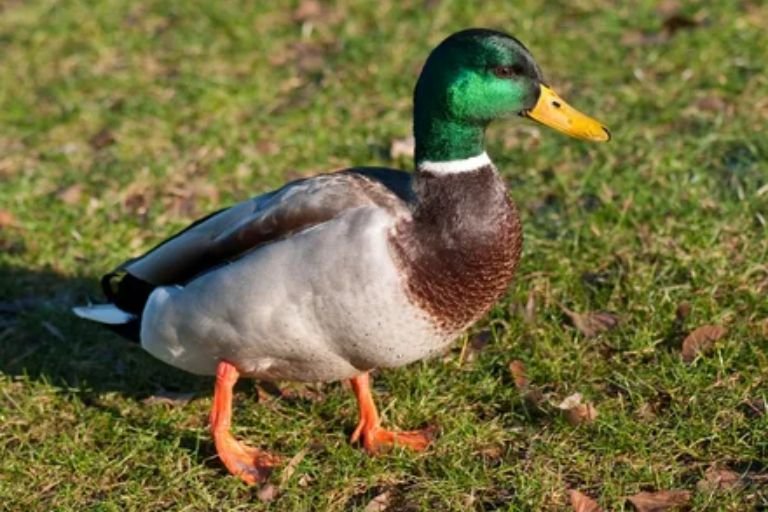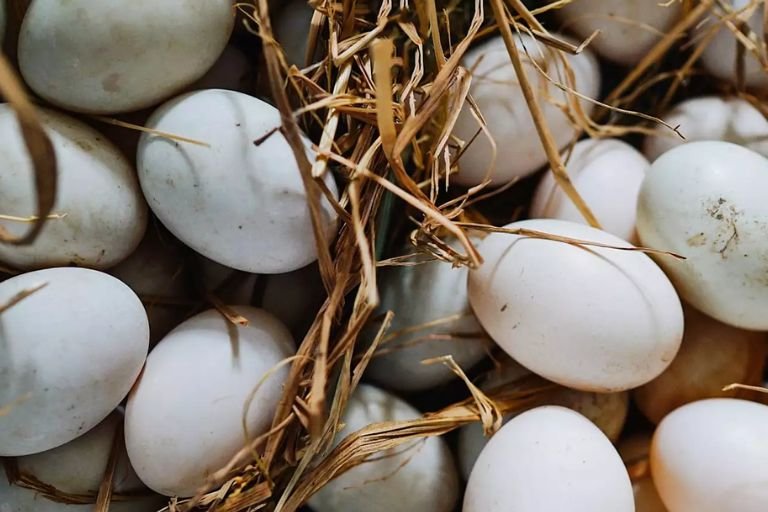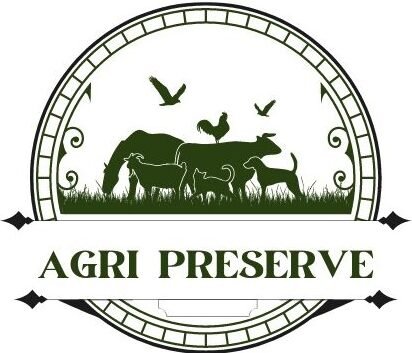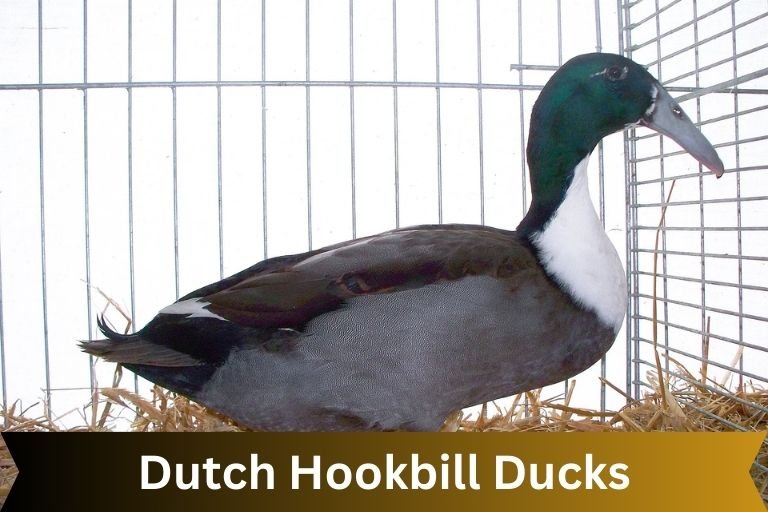In the Netherlands countryside, you can find a special type of duck called Dutch Hookbill Ducks. They have curved beaks and colorful feathers, making them unique and interesting. These ducks have a long history and are known for being playful and having fun personalities.
People all over the world love watching them swim in ponds and walk in fields. Their cute quacking sounds are loved by farmers and people who enjoy watching birds.
Whether you’re interested in their breeding habits or enjoy their presence, Dutch Hookbill Ducks are fascinating creatures. Let’s explore more about these ducks and discover what makes them special.
Dutch Hookbill Ducks History
The Dutch Hookbill duck is a special breed with a long history dating back to the 17th century in the Netherlands. They were bred to lay giant eggs and survive harsh weather. Farmers and breeders liked them for their unique curved beaks that made them look regal.
Physical Characteristics Of Ducks
Dutch Hookbill ducks look different from others because of their curved beak resembling a hook. They have medium-sized bodies and thin necks and stand tall, giving them a graceful appearance.
Their feathers are mostly white, with some grey or black spots on their wings. They also have orange legs and feet contrasting with white feathers, making them beautiful birds to observe.

Origin Of Duck
The Dutch Hookbill duck comes from the Netherlands and was first bred to lay eggs and look elegant. These ducks have a long history dating back to the 1600s when they were necessary for food and farming.
Over time, they became valued not just for their usefulness but also for their looks and unique qualities. The Dutch Hookbill duck is a symbol of tradition and skill, appreciated by people worldwide for its beauty and strength.
Duck colour
Ducks have bright colors that people notice. Each type of duck has its unique colors. The Dutch Hookbill duck stands out with its green and blue colors. Green symbolizes growth and harmony, showing the duck’s connection to nature. Blue represents calmness, reflecting the duck’s peaceful nature. Watching these ducks in water reminds us of nature’s beauty.
Weight Of Duck
Adult Dutch Hookbills usually weigh between 4 to 6 pounds. Males are often heavier than females because they are bigger and have broader chests. Duck owners should know their ducks’ weight to care for them well.
Regular weight checks help ensure the ducks’ health. Ducks that are too heavy may have joint or flying issues, while too-light ducks could have health problems. Monitoring weight and adjusting food can help ducks stay healthy and happy.
Duck Eggs
Dutch Hookbill duck eggs are special in cooking. They have a deep blue color and a rich, creamy yolk, making dishes tastier. These eggs are great for baking because they have more fat, resulting in delicious cakes and pastries.
Weight Of Duck Egg
Dutch Hookbill duck eggs weigh 65 to 75 grams. They may be small, but they are packed with nutrients like protein, vitamins, and minerals. These eggs are a valuable addition to any diet for their health benefits.
How Much Do Duck Eggs Sell For
Hookbill duck eggs can vary in price depending on the breed, quality, and location of sale. Duck eggs are typically pricier than chicken eggs due to their larger size and richer flavour. Specific customers favour eggs from breeds like the Dutch Hookbill for their superior quality and nutrition and are willing to pay extra for them.
The cost of duck eggs, particularly those from Dutch Hookbill ducks, is affected by demand and production expenses. Prices typically range from $1.50 to over $2 per egg in specialty markets that emphasize premium quality.
Do Ducks Lay Eggs Daily
Female ducks lay eggs every 1-2 days, mostly in spring and early summer. The number of eggs can change based on the type of duck and factors like daylight and temperature. Ducks lay eggs in the late afternoon or early evening, unlike chickens that lay eggs in the morning. This helps protect the eggs from predators at night.
Are Hookbill Ducks Rare
Hookbill ducks, also called African comb ducks, are one of the rarest waterfowl species globally. They have a distinctive bill that curves downward like a hook. Despite their exciting behaviour, spotting hookbill ducks in the wild is difficult.
The rarity of hookbill ducks is due to habitat loss, hunting, and their limited distribution in specific regions. Conservation efforts are vital to protect these birds and ensure they survive for future generations.
Dutch Color Straw Meaning
Dutch Color Straw is a bright color seen in the Dutch countryside. It has special meaning to the locals, representing abundance and prosperity. This color is linked to the harvest season, showing hard work and success.
Are Duck Eggs Good To Eat
Dutch Hookbill ducks lay tasty, nutritious eggs that chefs and food fans love. The eggs are creamy and rich, with big yolks, perfect for baking and cooking. Duck eggs have more fat, giving them a unique texture that enriches dishes.

Do Duck Eggs Taste Like Chicken Eggs
Food enthusiasts have debated for a long time whether duck eggs taste like chicken eggs. Duck eggs are more prosperous and creamier because they have more fat. They also have larger yolks and thicker whites, which give them a more indulgent texture when cooked.
Some people think duck eggs have a slightly gamey flavor compared to chicken eggs, which adds complexity to dishes.Chefs often prefer using duck eggs for baking because they can make cakes and pastries richer and moister. While duck and chicken eggs are similar in some ways, their unique flavors and textures make them distinct and appealing in their ways.
Can You Eat Duck Eggs
Duck eggs are safe and tasty for people to eat. They have a richer flavor and creamier texture than chicken eggs. Duck eggs are a good source of protein, vitamin B12, and selenium. Next time you see them at the market, try them out and you might find a new favorite food to enhance your cooking.
Conclusion
Dutch Hookbill Ducks are a unique and interesting breed that has captured the attention of waterfowl enthusiasts worldwide. Known for their distinctive curved beak and graceful appearance, these ducks make for a charming addition to any flock.
Their friendly and sociable nature makes them a joy to interact with, both for experienced farmers and beginners alike. With proper care and attention, Dutch Hookbill Ducks can thrive in various environments and provide endless entertainment for their owners.
Consider adding these delightful creatures to your homestead or farm to experience the joys of raising Dutch Hookbill Ducks firsthand.
Frequently Asked Question
Are Hookbill Ducks Rare?
About 100 years ago, duck eggs were more popular than chicken eggs. Now, there are only about 800 female ducks in captivity that lay eggs. This duck breed is now endangered.

